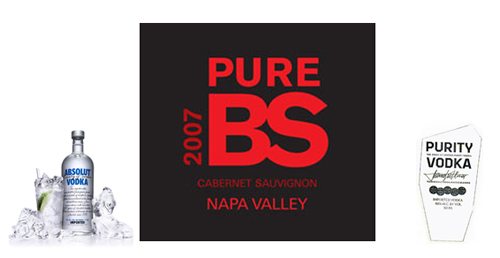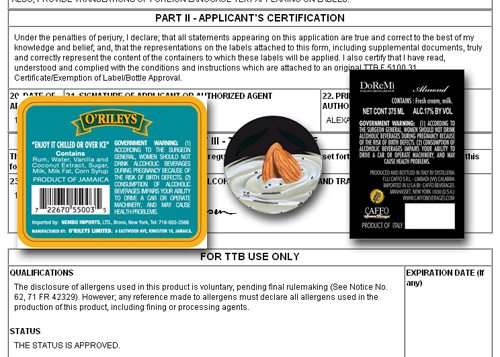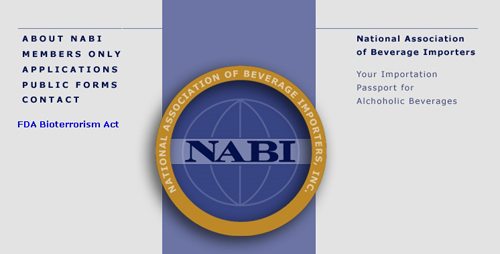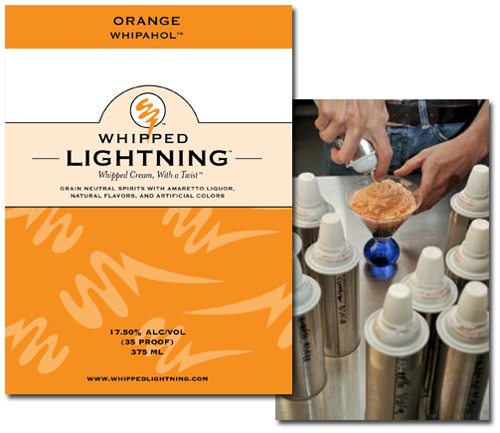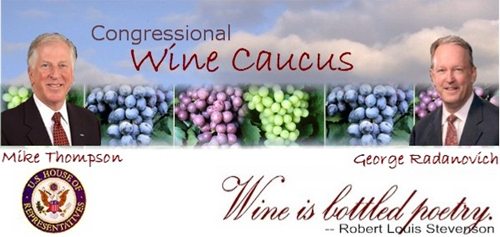
It is likely that all beer, wine and spirits labels will change dramatically in the near future. TTB has been working on new rules since CSPI and other groups submitted a petition in 2003. The new rules would require a “Serving Facts” panel on every container. This panel would include a lot more information, such as the typical serving size, number of servings per container, calories, carbohydrates, protein and fat. Because this is a big, controversial change, TTB has received more than 18,000 public comments during the past few years. There are far too many comments for most people to review, and so we will highlight and summarize the most noteworthy comments here. The most recent proposal and comments are here. This is comment 19 in a series; to see others, click on the “serving facts” tag below.
The staff of various offices within the Federal Trade Commission submitted a 16 page comment. It said:
- The FTC staff “supports TTB’s proposal to increase substantially the amount of information contained on alcohol labels.”
- TTB should require labels to disclose ounces of pure alcohol per serving, rather than alc./vol. This would allow consumers to compare servings of different drinks without doing mathematical calculations.
- The FTC and TTB share jurisdiction over alcohol beverage labeling, and coordinate often.
- About 65% of Americans drink alcohol.
- The rule would “result in a substantial change in the appearance and content of alcohol labels.”
